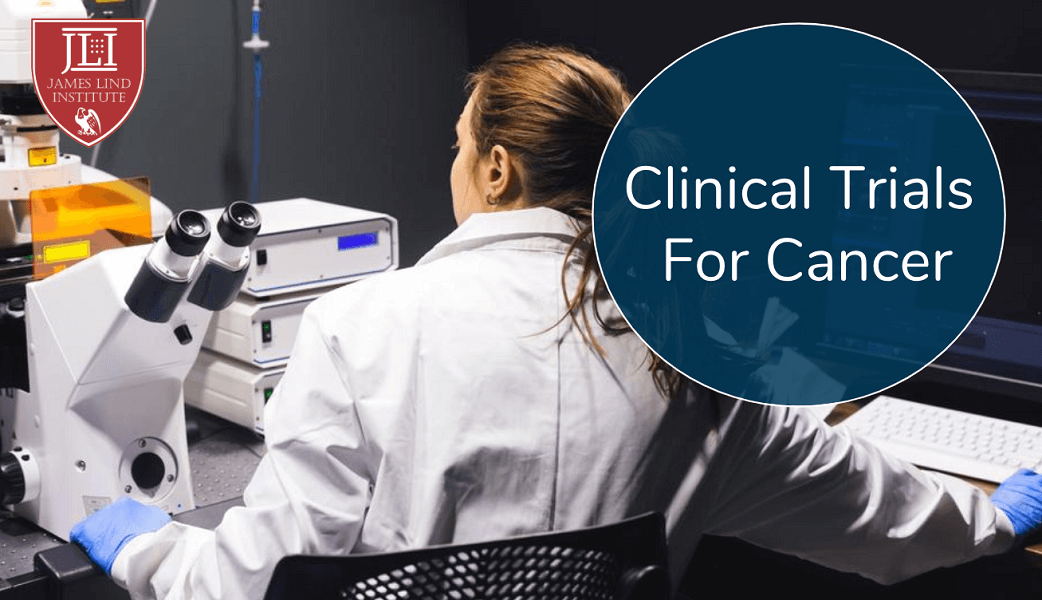Clinical studies and trials play an important role in understanding cancer for developing innovative therapeutics and better diagnostics methods. These trials provide insights and assess on safe dosage or effectiveness of new ways of treatment, diagnosis and prevention.
Clinical Trials for Cancer
Clinical trials in cancer are research studies involving human volunteers designed by researchers to test new ways of treatment, diagnosis and prevention. New treatments are compared with current methods while undergoing safety and efficacy studies. Clinical trials help discover new treatments or ways of detection or diagnosis to reduce the risk of developing cancer. Through clinical trials innovative ways are identified to improve the quality of life of cancer patients during and after treatment. Interventional clinical trials unlike observational trials test the effectiveness and safety of a drug, therapy or experimental treatment.
The time span varies a lot for trials that continue for 10 to 15 years with no typical time limit for completing all phases of testing and approving a drug or therapy before the licensing stage. A trial team varies depending on the size of the trial consisting of a principal investigator, nurses, study coordinator, research assistant or other research members responsible for conducting the studies at a particular trial site. Trial team members are involved in assessing data and key findings, publishing or presenting the novel findings and determining the appropriate steps for future testing.
Types of Clinical Trials
Researchers design cancer clinical trials to test new ways to treat, diagnose, prevent and manage symptoms of cancer and side effects of existing treatments. There are several types of cancer clinical trials including treatment, prevention, screening, supportive or palliative care trials.
Treatment Trials
Treatment trials test drug combinations, surgical approaches or other treatments to alleviate symptoms or slow disease progression in cancer patients. Most cancer clinical trials involve treatment studies to investigate safety and efficacy on cancer patients. These trials test new drugs or novel ways of treatment; modified form of existing treatments; surgery approaches or radiation therapy; combinations of various treatments to boost immune system and help fight cancer.
Prevention Trials
Prevention trials test approaches to lower the risk of developing cancer by vitamins, medicines, minerals, vaccines or lifestyle changes. Action and agent or chemoprevention studies are two kinds of prevention trials. Action studies focus on ascertaining the effect of an action to prevent cancer such as changing eating habits or exercising more while agent studies analyse the consumption of certain dietary supplements, vitamins, minerals and medicines alone or in combination to lower the risk of developing a certain types of cancer.
Screening Trials
Effective screening test can reduce the mortality rates, thus screening trials are used to analyse ways to diagnose or detect particularly cancers at early stages. The goal of cancer screening trials is to test new ways of diagnosing cancer at an early stage to ensure better treatments. Genetics trials improve the ability to trace an inherited risk of cancer.
Supportive and Palliative Care Trials
Some trials also explore ways to improve comfort and quality of life of patients with cancer. The supportive and palliative care trials targets pain, suffering from side effects of treatment, nutrition problems, nausea and vomiting, infections, depression, sleep disorders and other health problems of cancer patients. These trials test drugs for depression or nausea and activities of attending support groups, counselling or exercising.
Online Course in Clinical Trial Management at JLI
James Lind Institute (JLI) provides an online program – “Post Graduate Diploma in Clinical Research” which helps understand oncology cancer trials. JLI also provides specialized courses in Pharmacovigilance, Medical Writing, Clinical Data Management, Quality Assurance and Regulatory Affairs.
For more information please visit: www.jli.edu.in


